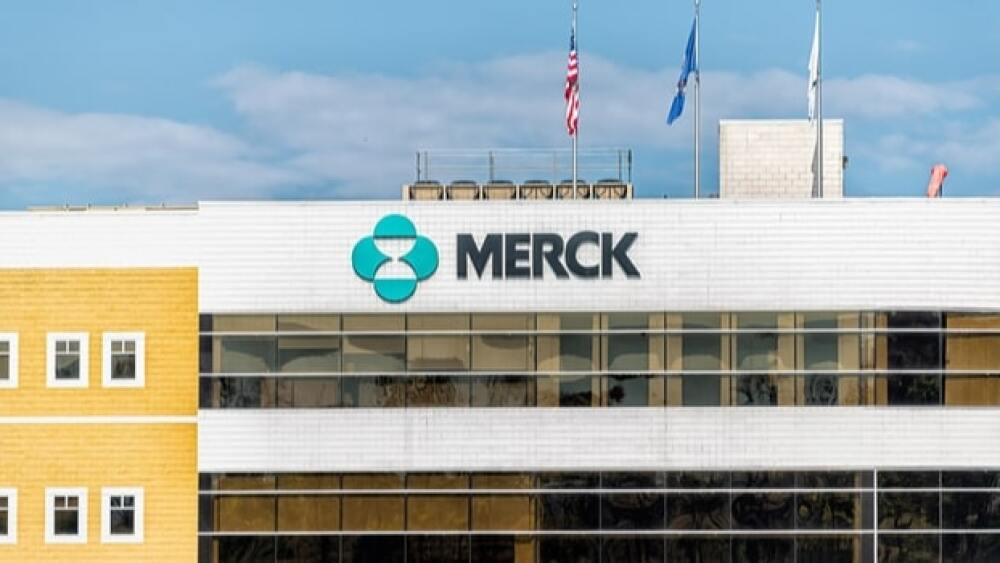Pharmaceutical giant Merck & Co. has announced the company will shutter the doors of its Cherokee Plant, located in Riverside, Penn.
Courtesy of Kristi Blokhin/Getty Images
Pharmaceutical giant Merck & Co. has announced the company will shutter the doors of its Cherokee Plant, located in Riverside, Penn. The manufacturing facility closure is scheduled to happen after production stops in 2024, marking the removal of a Northumberland County fixture dating back to 1950.
A local newspaper, The Daily Item, quoted Merck’s communication with Northumberland County Commissioner Chairman Sam Schiccatano. “Merck is committed to Pennsylvania,” Schiccatano said. “The company employs approximately 14,000 people in the state, and in total to date, has invested over $3 billion in our Pennsylvania operations, manufacturing medicines and vaccines that help save and improve lives around the world.” Nonetheless, the news is a bitter pill to swallow for those affected.
The announcement will force roughly 300 full-time employees to look for new opportunities. Merck intends to support this search with separation packages and offers for them to apply for positions within Merck at other locations. Any employees that remain at Merck would be expected to continue supporting the Cherokee location until official closure.
Businesses surrounding the Merck branch will also suffer a loss with a reduction of traffic, subsequently lower sales and lessened hospitality opportunities. The facility not only serves as one of the county’s top employers but generates additional jobs through outsourced site construction.
This plant mainly produced the Active Pharmaceutical Ingredient (API) component of three antibiotics: ertapenem sodium (EP), an API for INVANZ, cilastatin nonsterile for RECARBIO, and imipenem nonsterile for PRIMAXIN/TIENAM. Production of these upstream ingredients will be continued at other Merck sites. While valuable, these API production efforts do not pull in revenue comparable to Merck’s star products such as Keytruda, a treatment for non-small cell lung cancer and other indications.
The Cherokee Plant has endured ongoing changes since its beginning under John B. Elliot. Ownership of the facility ebbed and flowed, as it was sold to PRWT Services Inc in the mid-2000s and was later bought back by Merck in 2011.
In 2005, Merck underwent a global restructuring of manufacturing operations to plan for the future of the pharma market. A small part of this restructure surfaced in 2011, when Merck issued a statement that 13,000 jobs would be cut worldwide, 5,000 within U.S. facilities.
The full closure was foreshadowed in mid-2012 when 30 jobs were cut from the Cherokee roster of 433 employees. These 30 jobs were centered around their onsite fermentation operations, which ceased in accordance to a global consolidation effort. To minimize costs, a product line was sold in 2013, and several other production activities were outsourced.
Merck intends to reduce its “global real estate footprint” by the end of 2023. Despite the closures occurring globally, the consolidation will cost Merck an estimated $800 million to $1.2 billion to implement. A large portion of this amount is attributed to the aforementioned separation packages that Merck offers to employees who lost their income due to closures. Merck’s portfolio will emerge refocused on “increasing manufacturing capacity across Merck’s key businesses”, without being tied down by older facilities.





